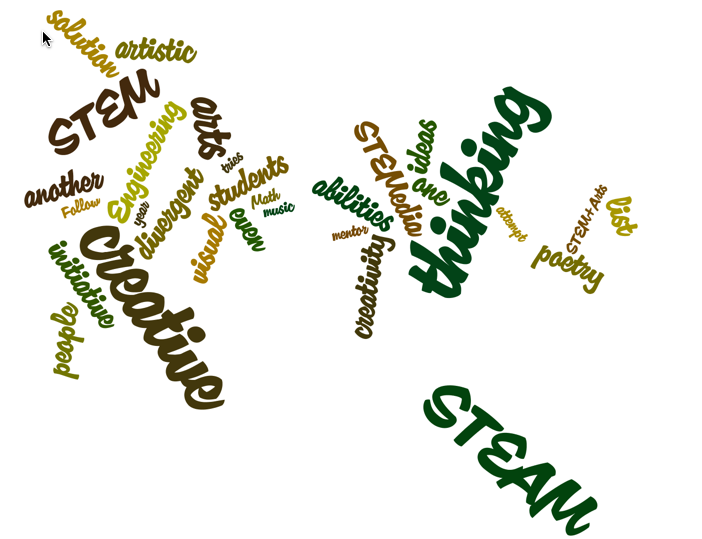myHIN Blog

November 06, 2014
Finding STEAM not STEM
I recently found out about STEAM in my entrepreneurship class, and my mentor mentioned it not to long after. So, what is STEAM? STEAM is Science, Technology, Engineering, ARTS and Math. I got to thinking, “Am I lacking artistic influences in my life?” I had to list out all the “artsy” things that influence me, such as listening to music, reading the fashion sections of online magazines, and even my following a lot of independent visual artists on Instagram.
With the inclusion of arts, we, as students and young people, can retain some of our divergent thinking abilities we tend to lose. Divergent thinking is really just another way of saying thinking out the box.
One thing I’ve noticed about myself through all this STEAM talk is that I’m not that creative. I can draw pretty well, but that’s only when I look at a picture. I have artistic abilities, but not as creative.
Why are the arts and creativity important? We need creativity in all STEM fields. Creative ideas lead to creative solutions. The more unique and creative a solution is, the more ideas people can build on and from that one solution. You have to admit that whoever had the idea of creating a 3D printer must have had been on a another level of divergent thinking.

We even have an initiative that was start here on campus by one of my friends and PhD Civil Engineering Student, Nehemiah Mabry. His initiative is STEMedia, where he tries to use poetry, visual arts, and other art methods to keep students within STEM. @myHealthImpact supported STEMedia earlier this year in an effort to bridge STEM+Arts. Here’s my attempt at reciting some STEM poetry. http://youtu.be/aYrSru7qt-E?list=UUUcg8ZH-u4j3sHnVH6rUBqQ

Follow us @myhealthimpact on creative Health Meets Tech.
Share
Comments
comments powered by DisqusIn Partnership with: Poole College of Management, College of Humanities and Social Sciences, National Science Foundation, Penn State
Take Action, Get Tested: Find Your Local Testing Center Why Get Tested?
